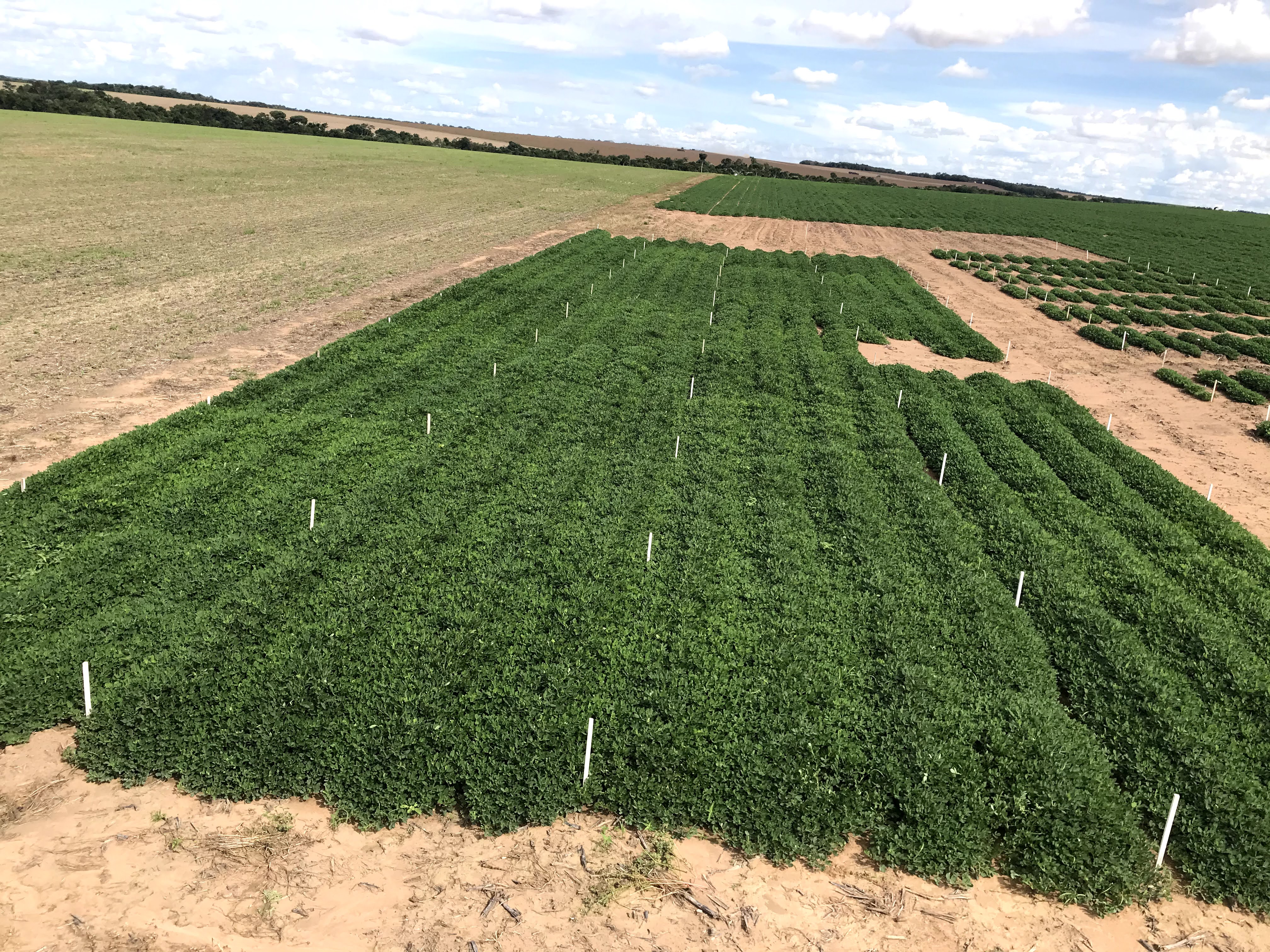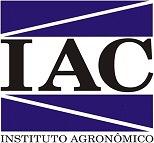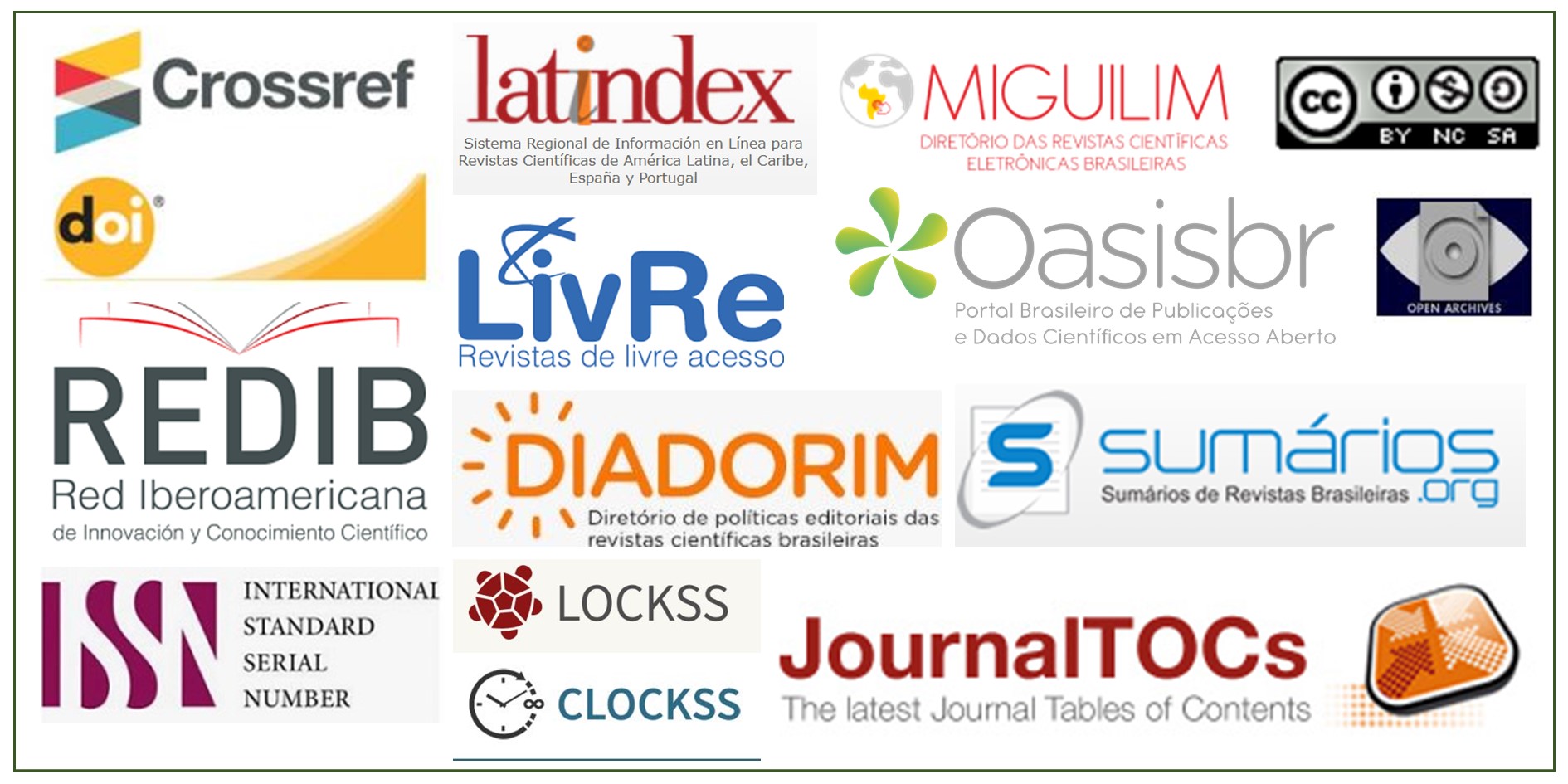Adaptability of IAC peanut genotypes to Mato Grosso Cerrado conditions
DOI:
https://doi.org/10.52755/sas.v2iedesp2.138Keywords:
Arachis hypogaea L., Yield, Cercosporidium personatumAbstract
Peanuts, which were previously restricted to sugarcane renovation areas in the state of São Paulo, the main producer, now encompasses another scenario, arousing the interest of producers from other regions. Thus, it is necessary to evaluate genotypes from the IAC Breeding Program under the conditions of the Cerrado Mato-Grossense. In this work, the adaptability and productivity of peanuts in pods under the conditions of Sorriso-MT were evaluated. For this, the experiment was carried out in completely randomized blocks, with 11 genotypes developed by the IAC (the cultivars IAC 503, IAC 505, IAC OL3, IAC OL5, IAC OL6, IAC Semper Verde and the lines IAC 1120, IAC 1127, IAC 1129, IAC 10719 and IAC 10677) and four repetitions. The plots were composed of four lines spaced 0.90 m apart and 4 m long. At 138 days after sowing, before harvesting, the severity of black spot (Cercosporidium personatum) was evaluated. Subsequently, the plants in the useful area were manually harvested to determine the pod yield, grain yield and mass of 100 grains. Data were subjected to analysis of variance using the F test and the treatment means were grouped using the Scott-Knott test at 5% probability. The tested genotypes showed no difference in productivity, but the productivity of genotype 10667 stands out, having potential as a new cultivar. The 100-grain mass, grain yield and severity of C. personatum differed between genotypes. Under the experimental conditions, all genotypes showed excellent productive adaptability and moderate incidence of disease and the cultivar IAC Semper Verde showed no incidence of black spot.
Downloads

Downloads
Published
How to Cite
Issue
Section
License
Copyright (c) 2021 Dacio Olibone, Marianitha Mariano Silva Duarte, Ignácio José de Godoy, Ana Paula Encide Olibone , Sergio Soares Filho, Rodolfo Pires Ribeiro

This work is licensed under a Creative Commons Attribution-NonCommercial-ShareAlike 4.0 International License.
Autores concordam com os seguintes termos:
a) Os autores mantêm os direitos autorais e concedem à revista o direito de primeira publicação, com o trabalho simultaneamente licenciado sob a LicençaAttribution-NonCommercial-ShareAlike 4.0 International, que permite o compartilhamento do trabalho com reconhecimento da autoria e publicação inicial na Revista SAS. A licença permite o uso, a distribuição e a reprodução irrestrita, em qualquer meio, desde que devidamente citada a fonte. Essa licença permite também que outros remixem, adaptem e criem a partir do seu trabalho para fins não comerciais, desde que atribuam a você o devido crédito e que licenciem as novas criações sob termos idênticos.
b) Não cabe aos autores compensação financeira a qualquer título, por artigos ou resenhas publicados na South American Sciences.
c) Os conceitos expressos nos artigos publicados na South American Sciences são de inteira responsabilidade de seus autores.








